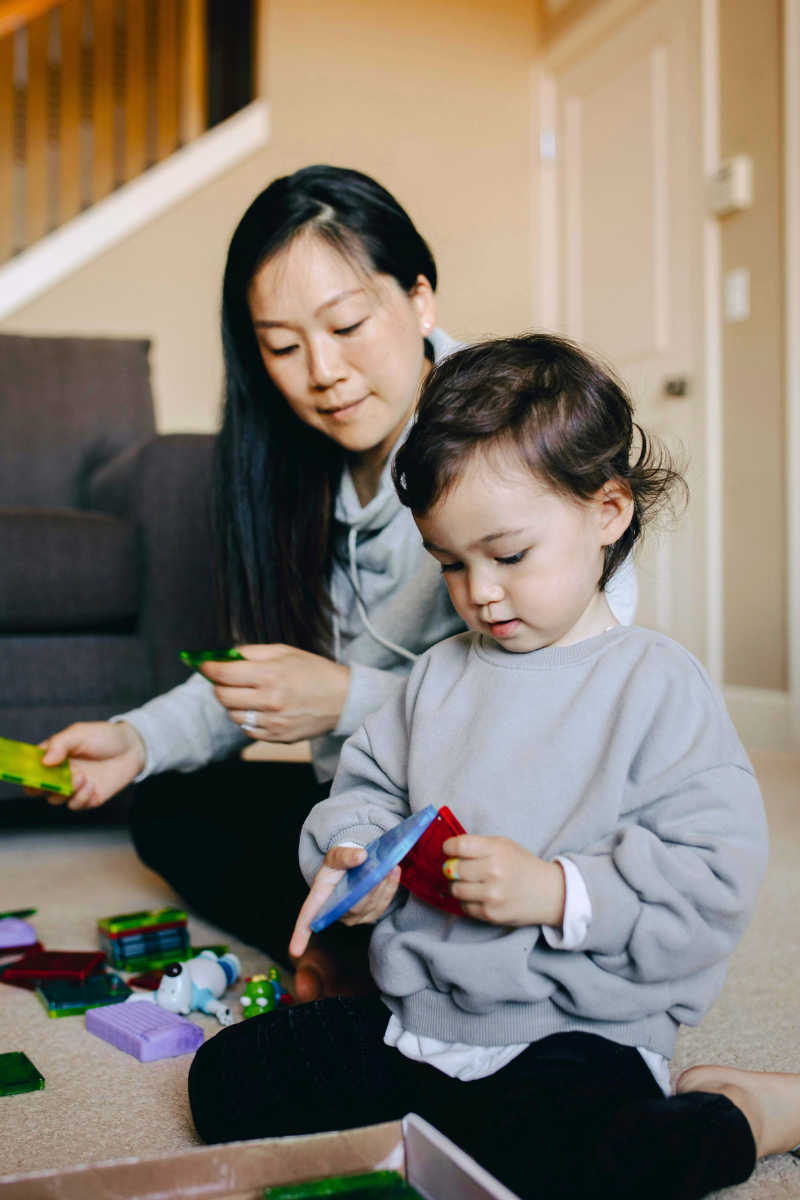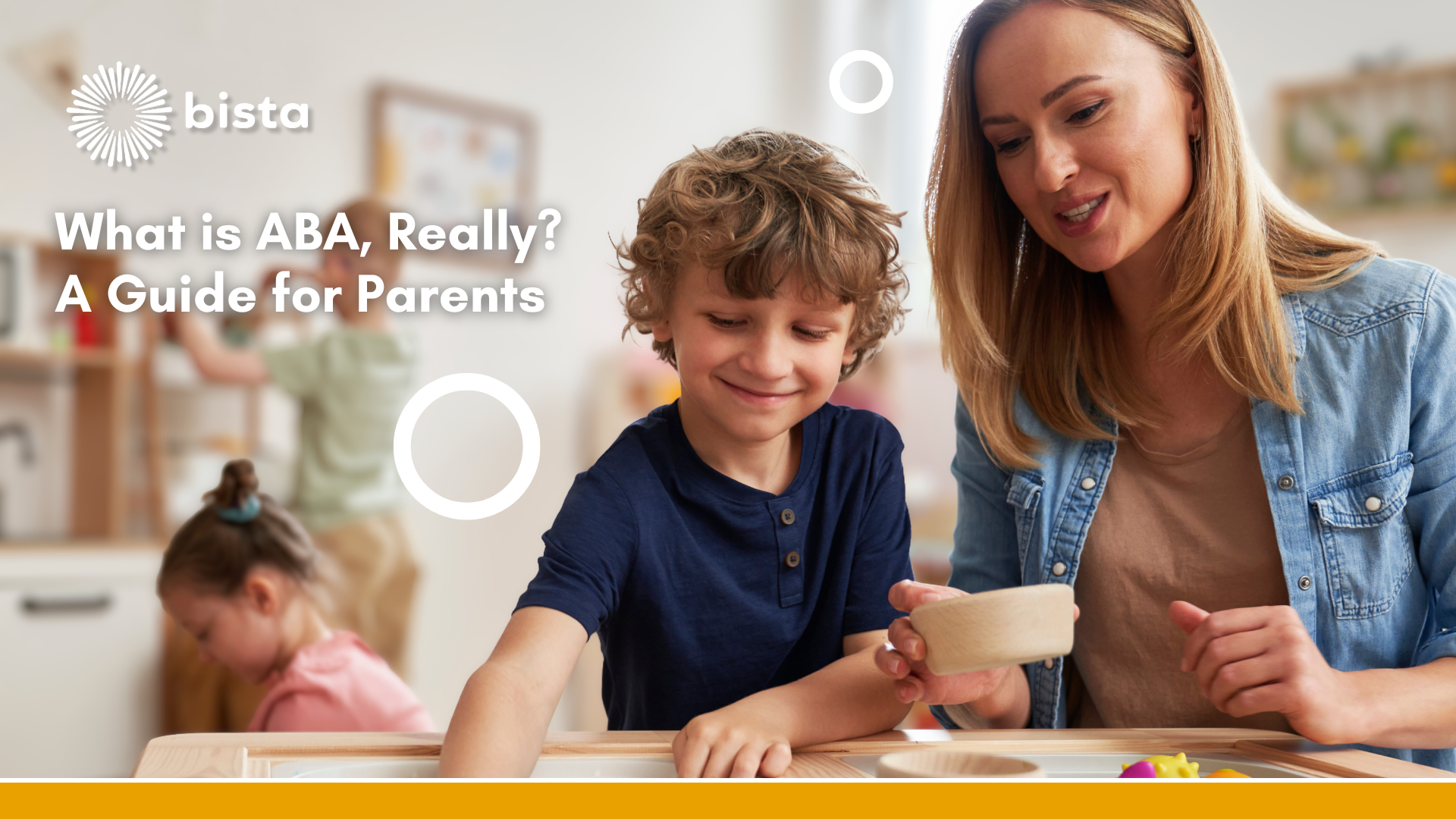Through play, children can develop communication skills, learn to share, take turns, negotiate, and build friendships. Play is valuable! Follow these tips to engage your child in play & increase opportunities to learn new skills.
Practical Strategies for Implementing Play-Based Learning at Home
Follow Your Child’s Interests
Notice what your child is naturally drawn to – a specific toy, stuffed animal, or even a household object. If they have a favorite item, consider having a similar or matching one so you can join in.
Model Creative Play
Show your child playful ways to interact with their toy, like making it “walk,” “sleep,” or play peek-a-boo. If your child starts to engage with their toy, try imitating their actions. Use these moments to model language and different ways to play with the toy. Have fun. Be silly. Enjoy this time with your child.
Reward Successful Play
Simple rewards reinforce the positive behaviors you wish to see. You know best what your child likes. Rewards can be social, such as verbal praise such as saying, “good job”, a smile or nod, or the word, “yes.” Tangible rewards can include stickers or small toys. We don’t recommend food as a reward. Token rewards can be points, stars, or small game pieces the child can exchange for something desirable, like a new toy. Make sure you reward consistently.
Talk, Talk, Talk!
Children first learn language by observation. Narrate everything you play. This can include colors, size, textures, actions of the toys, or actions of you or your child. If you feel like you’ve said too much you’re heading in the right direction.
Keep it Short & Flexible
Start with brief play sessions and go at your child’s pace. If your child shows signs of discomfort or distress, it’s okay to take a break and try again later. Don’t let this discourage you! New concepts or routines can be hard and that’s ok.
How ABA Therapists Utilize Play in Early Childhood Development
Next, the therapist will begin teaching or reinforcing a specific skill, based on your child’s individualized therapy plan. The therapist will have activities, reinforcers, and a way to collect data from the session. This part of the session can last for 5-15 minutes, depending on how long your child is able to focus on the activity.
You’ll notice that the therapist only provides supportive and positive reinforcers. At no time will the therapist try to force your child to comply.
At some point in the session the therapist may invite you into the therapy space to practice the same skill with your child. This is your opportunity to learn how to continue to reinforce this new skill at home. Home practice is critical to success, so keep it up!

Additional Resources for Play-Based Learning for Children Who Have Developmental Delays
Every child’s journey is unique, and play-based learning can be adapted to meet individual needs. To give you a broader perspective, we’ve included a range of resources. Explore personal stories, practical tips, and research to learn more about the power of play in supporting children with developmental delays.
Next Steps: Connection with ABA Services for Your Child
If you have a child with autism spectrum disorder ABA can help. At Bista, we develop individualized therapeutic plans for each child to ensure we provide the best therapeutic interventions for your child. Bista utilizes ABA, speech-language, and occupational therapies to provide a holistic approach to support the needs of every child. For advice more specific to your child’s needs, reach out to the Bista clinical team here.

Every child is unique, and these tips may look different depending on your child’s preferences and needs. This content is for general informational purposes and is not intended as specific medical or therapeutic advice.



